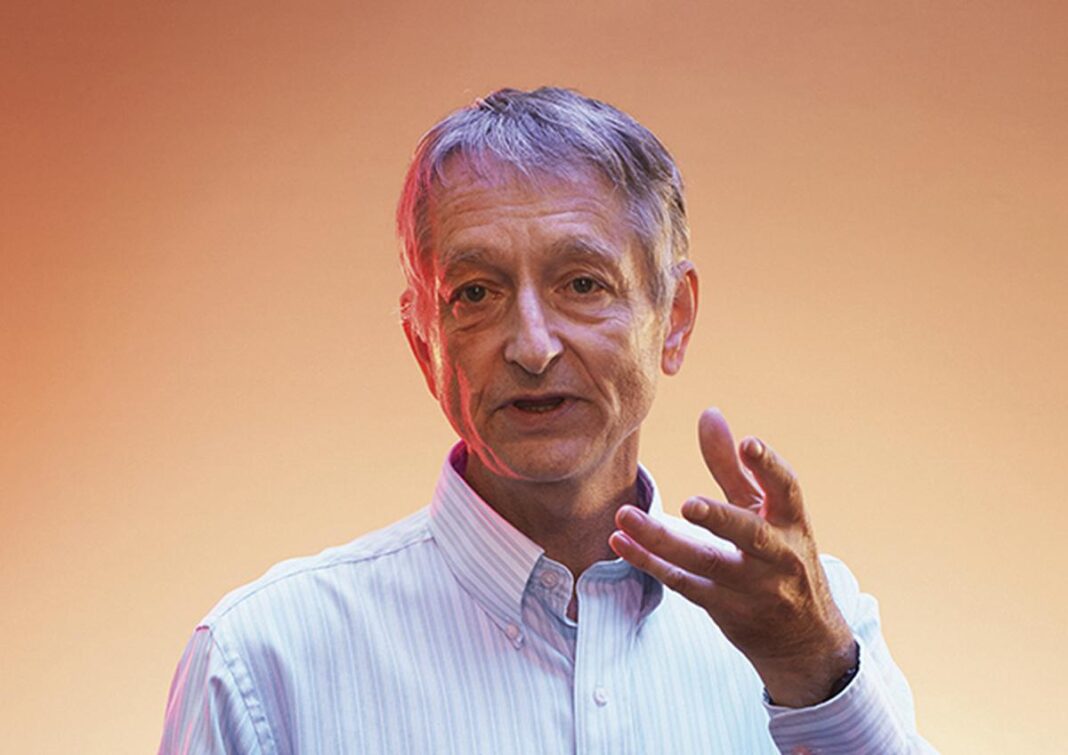During an interview with Reuters on Friday, AI pioneer Geoffrey Hinton expressed his belief that artificial intelligence could pose a “more urgent” threat to humanity than climate change. Widely known as one of the “godfathers of AI,” Hinton recently left Alphabet (GOOGL.O) after a decade with the firm to freely discuss the risks associated with AI without impacting his former employer.
Hinton’s contributions are considered vital to the advancement of contemporary AI systems. In 1986, he co-authored the influential paper “Learning representations by back-propagating errors,” a significant milestone in the development of neural networks that underpin AI technology. In recognition of his groundbreaking research, he received the Turing Award in 2018.
Hinton is now among a growing number of tech leaders expressing concerns about the potential threat posed by AI if machines were to surpass human intelligence and gain control over the world. While acknowledging the importance of addressing climate change, Hinton believes that the urgency of AI’s potential risks may outweigh those of climate change.
Expressing his viewpoint, Hinton said, “Climate change should not be devalued or dismissed. It is also a substantial risk, and we should be concerned about it.” That’s a huge risk too. But I think this might end up being more urgent.” Hinton further emphasized the challenge of determining the appropriate course of action in addressing the potential risks associated with AI
In November, OpenAI, backed by Microsoft (MSFT.O), introduced the AI-powered chatbot ChatGPT to the public, igniting a technological arms race. The chatbot quickly became the fastest-growing app in history, reaching 100 million monthly users within two months.
In April, Twitter CEO Elon Musk joined other industry leaders in signing an open letter advocating for a six-month pause in the development of AI systems more powerful than OpenAI’s GPT-4. While Hinton shares concerns about AI’s existential threat, he disagrees with pausing research, considering it unrealistic. He believes significant resources should be devoted to understanding and addressing the risks promptly.
The European Union responded to the open letter by urging U.S. President Joe Biden to convene a global summit on the future direction of AI. In response, the committee proposed measures targeting generative AI, which would require companies like OpenAI to disclose any copyrighted material used to train their models.
AI company leaders in its latest act had discussions with President Joe Biden alongside Alphabet CEO Sundar Pichai and OpenAI CEO Sam Altman, at the White House. The president emphasized the need for greater transparency from companies regarding their AI systems.
Hinton believes that both technology leaders and politicians should be actively involved in addressing the impact of AI, as it affects everyone. He stressed the importance of collective consideration and action in tackling this significant issue.

